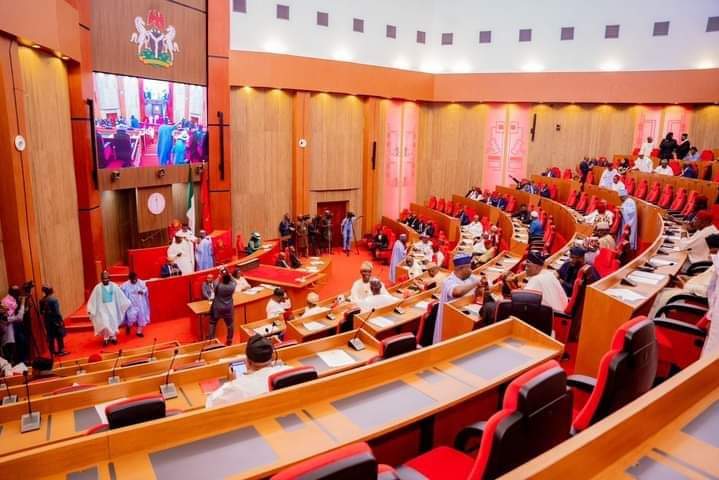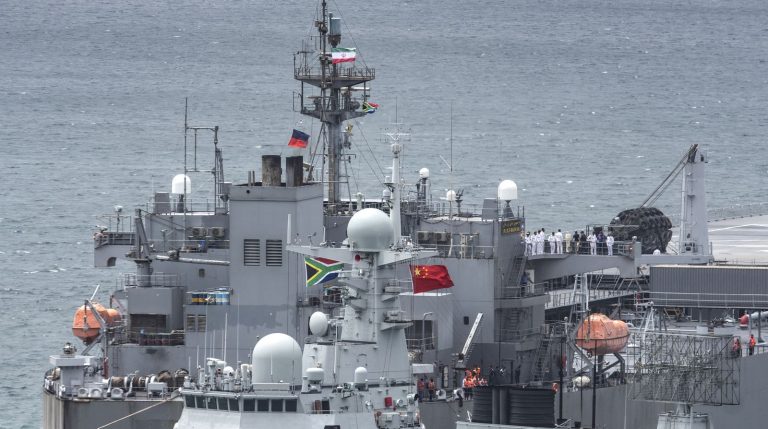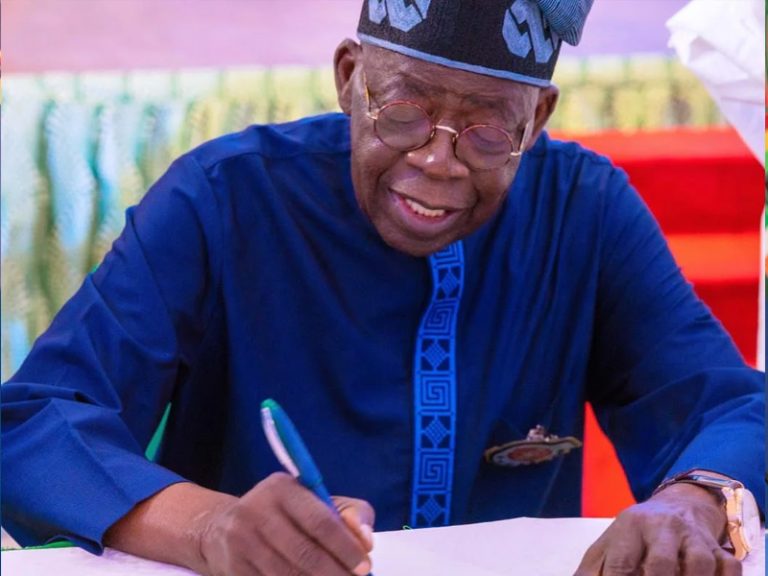
The senate may consider a motion seeking an urgent and substantial upward review of the minimum wage and general conditions of service for members of the Nigerian Armed Forces and other security agencies today.
The motion, titled, “Urgent Need to Increase the Minimum Wage and Improve Conditions of Service for Members of the Nigerian Armed Forces and Other Security Agencies,” was sponsored by Senator Mohammed Ali Ndume (Borno South), a former Chief Whip of the 10th Senate.
Ndume’s motion highlighted what he described as the “grossly inadequate” wages currently earned by soldiers and other security operatives who risked their lives daily in defence of the country, despite worsening economic conditions and inflationary pressures.
Citing Section 217(2) of the 1999 Constitution (as amended), the lawmaker stated that the armed forces were constitutionally mandated to defend Nigeria’s sovereignty, maintain territorial integrity, and assist civil authorities in restoring order when called upon.
He argued that the current pay structure had failed to reflect the magnitude of the sacrifices made by security personnel deployed in high-risk and volatile regions.
According to the motion, the average minimum monthly wage for junior personnel in the armed forces currently stands between N50,000 and N60,000, an amount Ndume described as “grossly inadequate” given the soaring cost of living, transportation, accommodation, and education.
He warned that low pay, delayed allowances, and poor welfare had contributed to declining morale, high attrition rates, and potential vulnerabilities to corruption within the security services.
Ndume said, “Our troops are stretched thin across multiple fronts, from counterterrorism operations in the North-east to anti-banditry and oil theft missions in other regions, yet their welfare has not kept pace with their sacrifices.”
The motion drew a stark comparison with remuneration in other African countries.
Ndume said in Ghana, a private soldier earned the equivalent of about N180,000 monthly; in South Africa, N250,000; in Egypt, N230,000–N280,000; and in Kenya, N200,000, excluding operational allowances.
In contrast, Ndume explained, Nigerian privates earned barely a quarter of those figures, despite higher deployment rates and greater operational hazards.
The former senate leader expressed concern that poor remuneration and delayed allowances undermined operational effectiveness and public confidence in Nigeria’s security institutions. He said addressing this would not only improve morale but also strengthen discipline, professionalism, and patriotism within the ranks.
Sunday Aborisade



